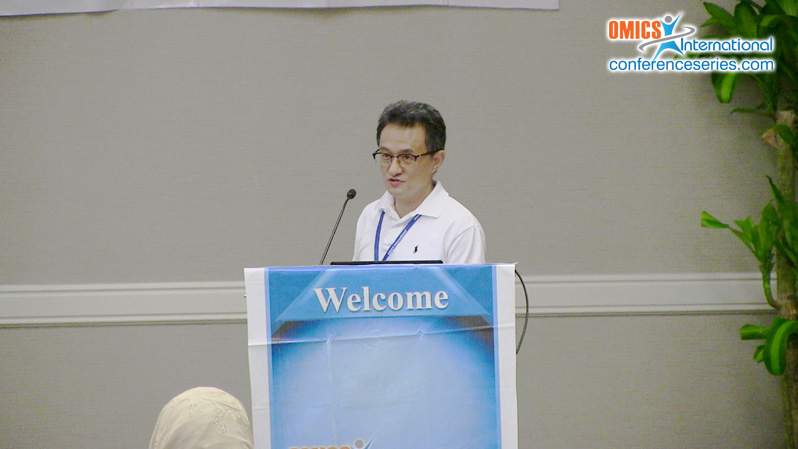
Jiannong Xu
New Mexico State University, USA
Title: The metagenomic landscapes of the misquito gut ecosystem: Taxonomic, functional and metabolic configuration
Biography
Biography: Jiannong Xu
Abstract
The mosquito gut accommodates a dynamic microbial community, which profoundly affects various life traits of the host mosquitoes. To characterize the metagenomic composition and functionality in the mosquito gut ecosystem, we conducted metagenomic DNAseq and RNAseq from mosquito gut samples and generated ~17 GB data. The non-mosquito reads were de novo assembled into contigs. The taxonomic assignment identified >300 taxa, in which dominant taxa belong to family Enterobacteriaceae, Acetobacteriaceae, Pseudomonadaceae and Flavobacteriaceae. Gene prediction recognized ~29,400 protein coding sequences, 36% of which were assigned into 738 subsystems. Metabolic reconstruction predicted 102 pathways, which include 1639 biochemical reactions involving 1252 compounds. The metagenomic database was used as a reference for DNAseq and RNAseq mapping. The diet regime has significant impact on the structure of the gut microbial community. The microbial community in the sugarfed guts showed higher diversity, which was reduced in the blood-fed gut with dominance of enteric bacteria. The blood digestion is accompanied with increased oxidative stress in the gut due to the release of preoxidantheme from digested hemoglobulins. The gut bacteria may contribute to the redox capacity to maintain the redox homeostasis in the gut. The comparison of metabolites from sugarfed and blood-fed guts revealed that heme metabolism and antioxidant related metabolism were active. The RNAseq data corroborated the metabolic findings. In summary, the taxonomic, genetic and metabolic characterization provides metagenomic landscapes of the mosquito gut ecosystem, which would help to further explore the functionality of the microbiome and its symbiotic relationship with the mosquito host.

